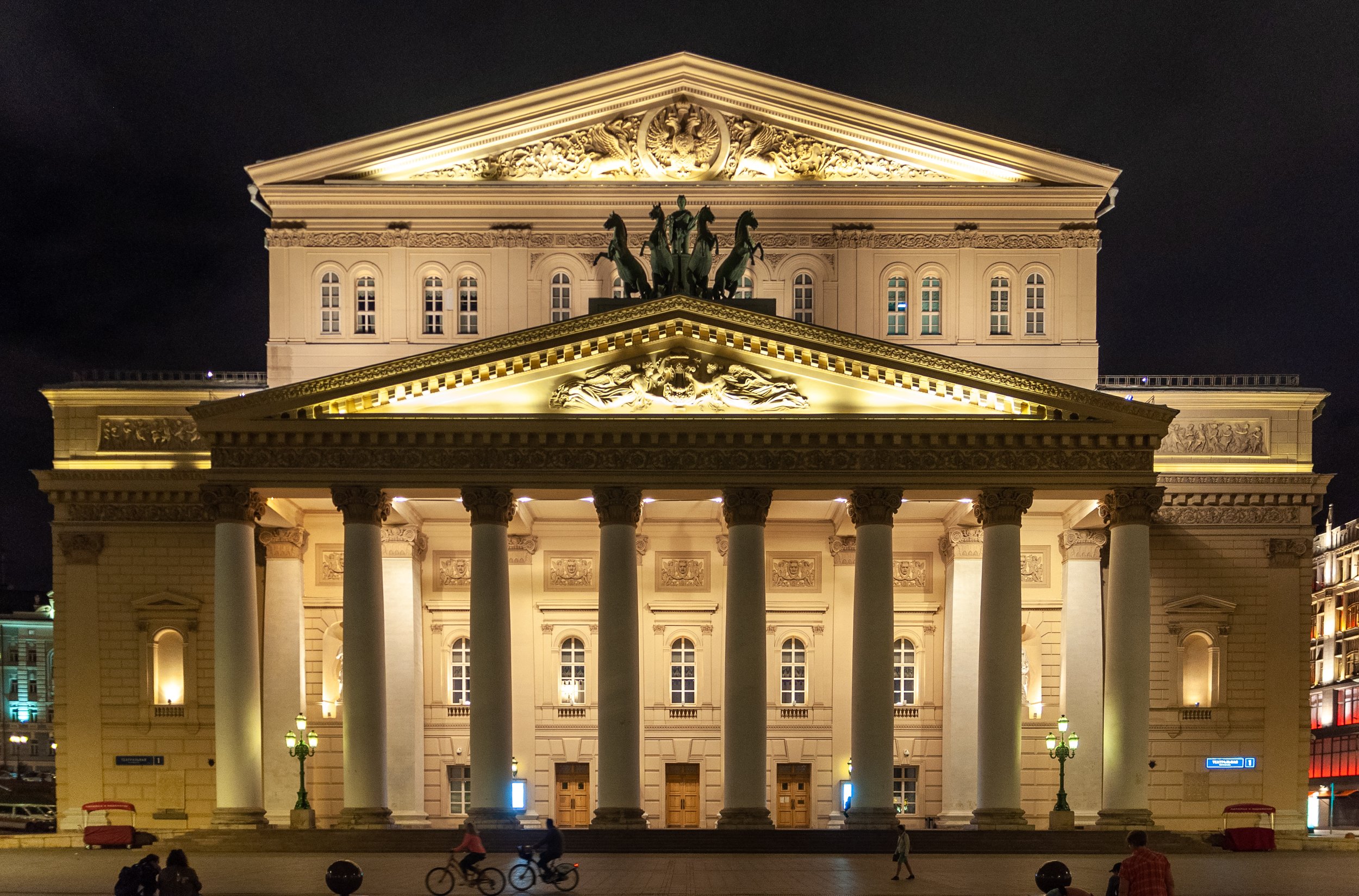Von Preisverleihungen und Hinterhoflesungen: Ein Bericht über die Leipziger Buchmesse
In her thoughtful account, Michelle Schreiber describes the Leipzig book fair— from its unannounced backyard readings, to its awards, she covers it all, and does so both in German and in translation.
A Modern Manifesto for Russian Studies
Camille McCarthy gives us her thoughts on consuming Russian culture in an ethical way. Her thought-provoking manifesto encompasses the legacy of empire and the regime’s official patronage initiatives, as well as the thorny question of how to define a nation’s culture.
WO BIST DU JETZT? – Dislocation in Olivia Wenzel’s 1000 Serpentinen Angst
In this thoughtfully considered article, staff writer Beattie Green sensitively reviews Olivia Wenzel’s debut novel 1000 Serpentinen Angst. In doing so, she explores the questions it raises, which, in some way or another, come to affect all of us.
Day X, the AfD, and Hans Fallada: an author born 130 years ago and the rise of the new German far-right
Sofia Johanson, editor of the Russia, Eastern Europe and Central Asia section, comments on the ascendance of the far-right in Germany with the help of a novel published in 1947.
Lusotropicalism in Literature
Jenny Frost explores the ideology of ‘lusotropicalism’ through the lens of postcolonial Mozambican literature.
Enter Winter in Sokcho, Elisa Shua Dusapin’s luminous, icy debut
Daphne Pleming reviews Elisa Shua Dusapin’s book Winter in Sokcho, exploring how the author prompts us to consider how we perceive ourselves and the people around us.
Samizdat: How The Soviet Union’s Unique Literary Phenomenon Became a Caricature
Tom Paterson discusses the fascinating history of clandestine literature in the Soviet Union and its travestied perception in the West.








